Russia slams US for threatening diplomatic escalation with Iran at IAEA next month
Russia has lambasted the United States for threats to confront Iran at the International Atomic Energy Agency (IAEA) next month unless the Islamic Republic improves what Washington calls cooperation with the UN nuclear watchdog.
Russia’s ambassador to the IAEA Mikhail Ulyanov warned at a joint news conference with his Chinese counterpart on Friday that Washington’s threatening a diplomatic escalation would risk harming wider talks on Iran’s 2015 nuclear deal, which is officially called the Joint Comprehensive Plan of Action (JCPOA).
The US on Thursday threatened that if Iran did not give way on at least one of several conflicts with the IAEA, particularly what it claimed to be Tehran’s refusal to allow the agency to reinstall cameras at a workshop after an attack in June, Washington would confront Tehran at the watchdog in December.
“I don't welcome this particular statement of the US delegation (at the IAEA). It's not helpful,” Ulyanov said on Friday.
“The US did not negotiate with the Iranians for a very long time and forgot that Iranians don't do anything under pressure. If they are under pressure, they resist,” he further said.
Despite repeated reports by the IAEA that certified Iran’s full compliance with the deal, former US president Donald Trump left the JCPOA in May 2018 and re-imposed the anti-Iran sanctions that the deal had lifted. He also placed additional sanctions on Iran under other pretexts not related to the nuclear case as part of his “maximum pressure” campaign.
Following a year of strategic patience, Iran resorted to its legal rights under the JCPOA, which grants a party the right to suspend its contractual commitments in case of non-compliance by other signatories, and let go of some of the restrictions imposed on its nuclear energy program.
The administration of US President Joe Biden has said it is willing to compensate for Trump’s mistake and rejoin the deal, but it has shown an overriding propensity for maintaining some of the sanctions as a tool of pressure.
Tehran insists that all sanctions must first be removed in a verifiable manner before it reverses its remedial measures.
Envoys from Iran and the P4+1 group of countries — Britain, France, Russia, and China plus Germany — are expected to hold the seventh round of discussions in Vienna on Monday.
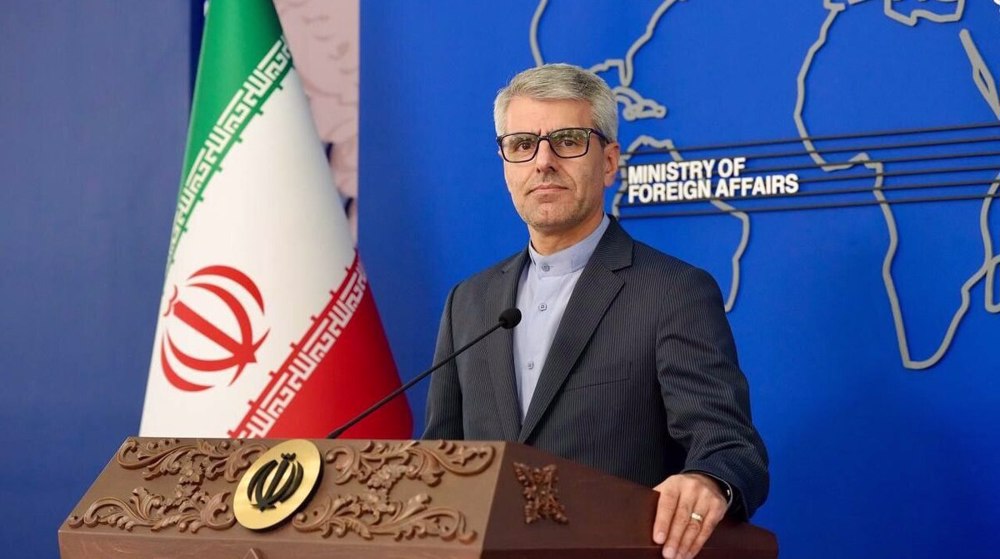
Iran warns ‘moving the goalposts’ could derail Tehran-Washington talks
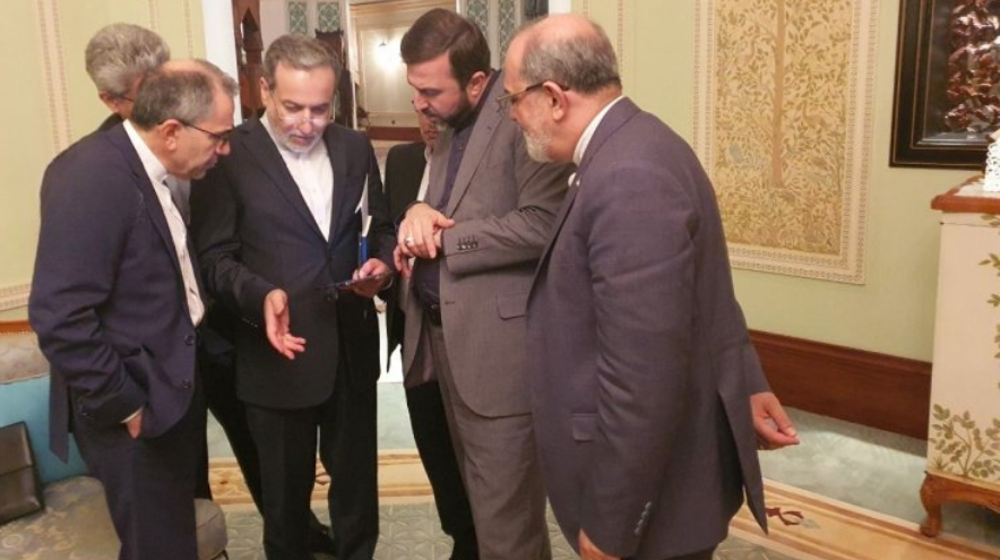
Iran’s enrichment ‘non-negotiable’, talks fruitless under pressure: FM
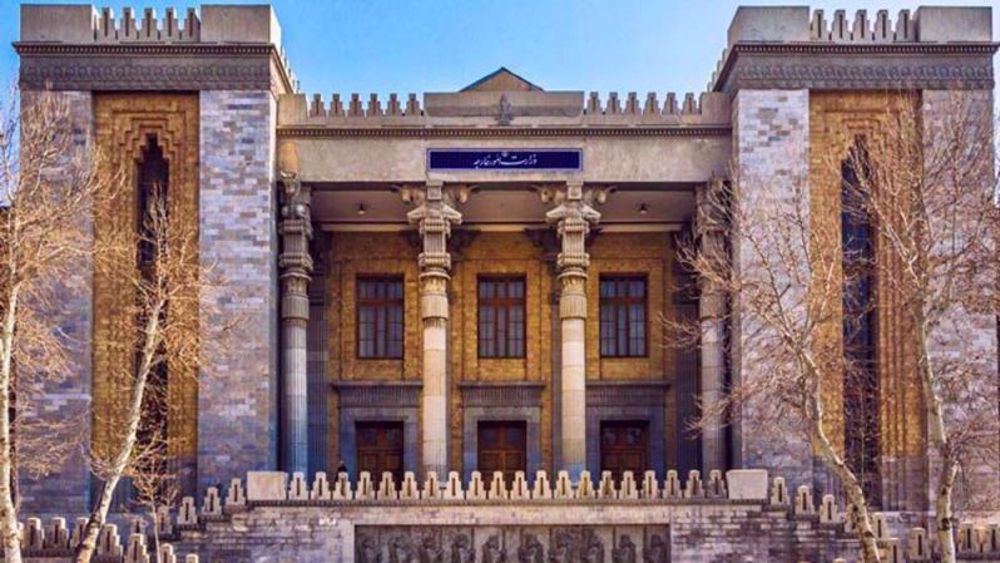
Iran summons Argentine envoy over accusations against top officials
China says stands with Malaysia, region in face of unilateralism
UN envoy urges journalists to speak out on Gaza genocide
‘Complete humanitarian collapse’ imminent in Gaza: Media office
Doctors Without Borders: Israel has turned Gaza into ‘mass grave’
Iran, Tajikistan discuss defense partnership, counter-terrorism cooperation
VIDEO | Yemen expands pro-Gaza operations despite US air aggression
VIDEO | Palestinians mark Prisoners’ Day amid Israeli atrocities
Airbus plane grounded due to US sanctions returns to Iran’s fleet


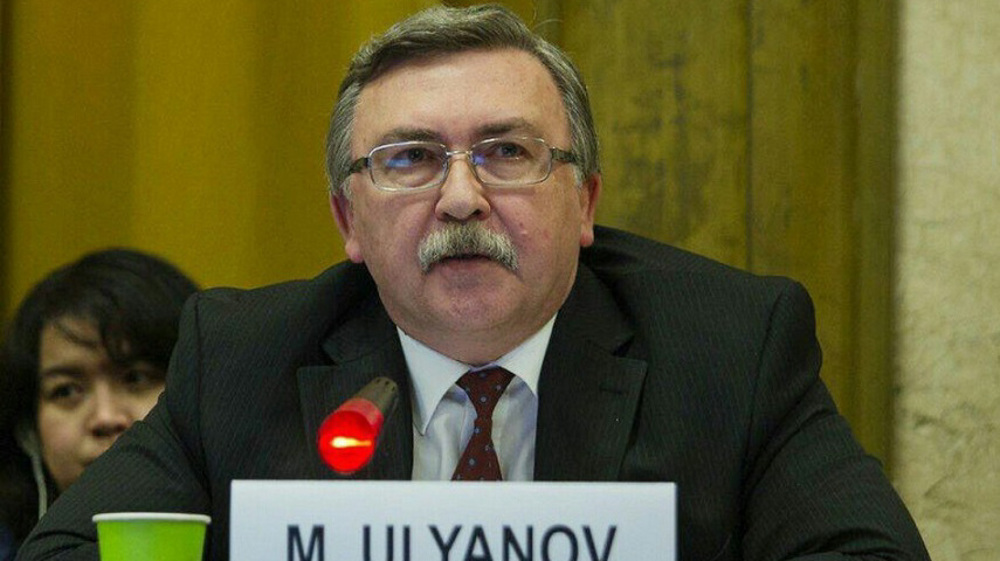
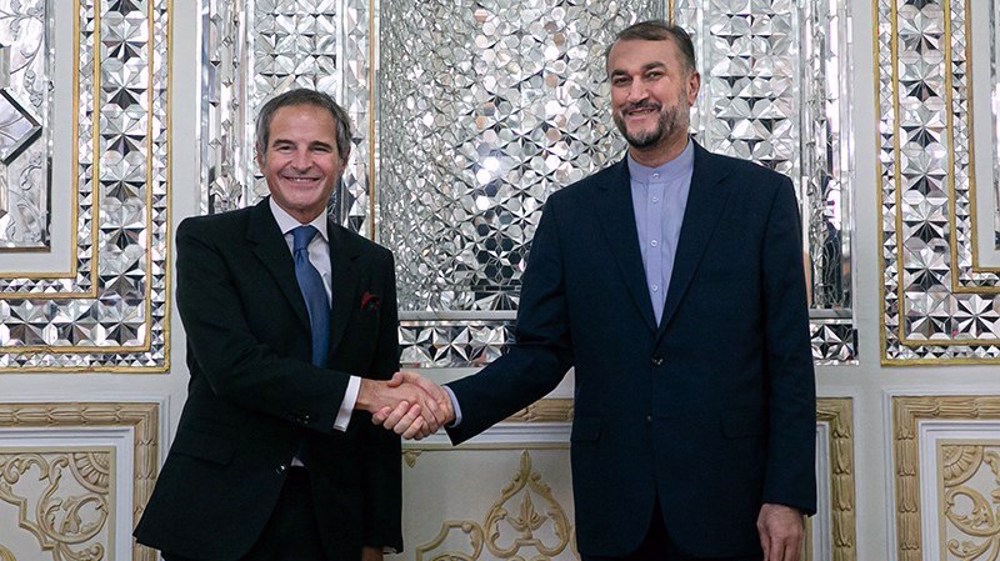
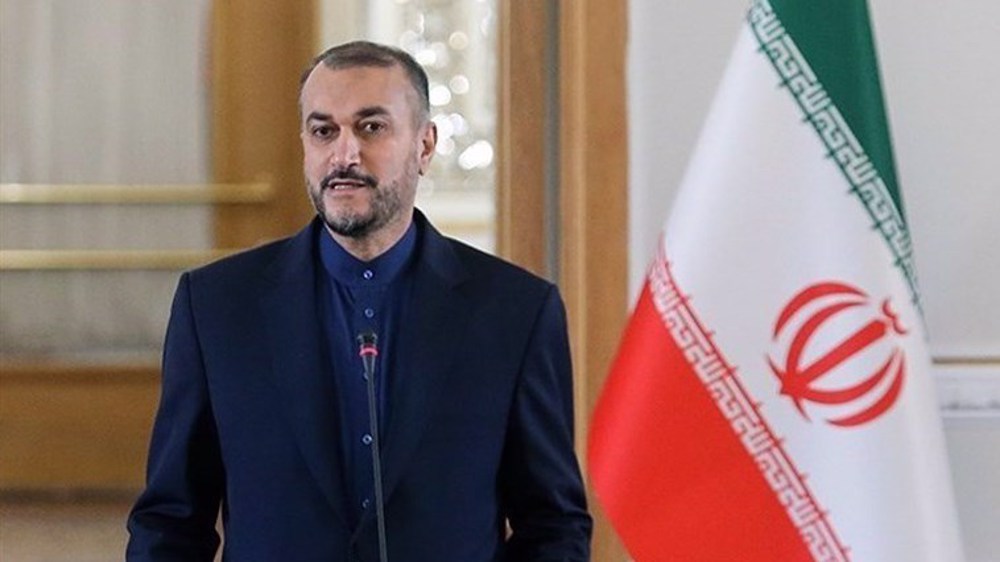




 This makes it easy to access the Press TV website
This makes it easy to access the Press TV website